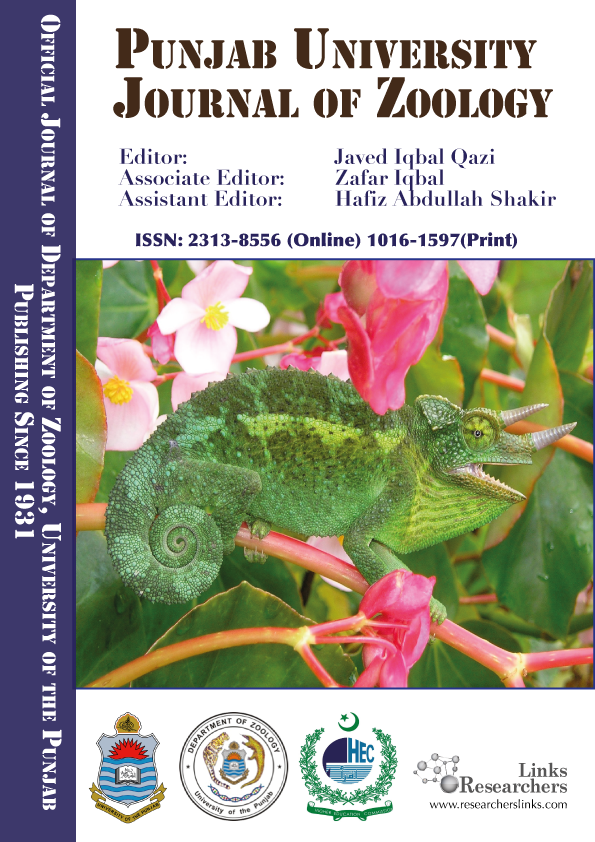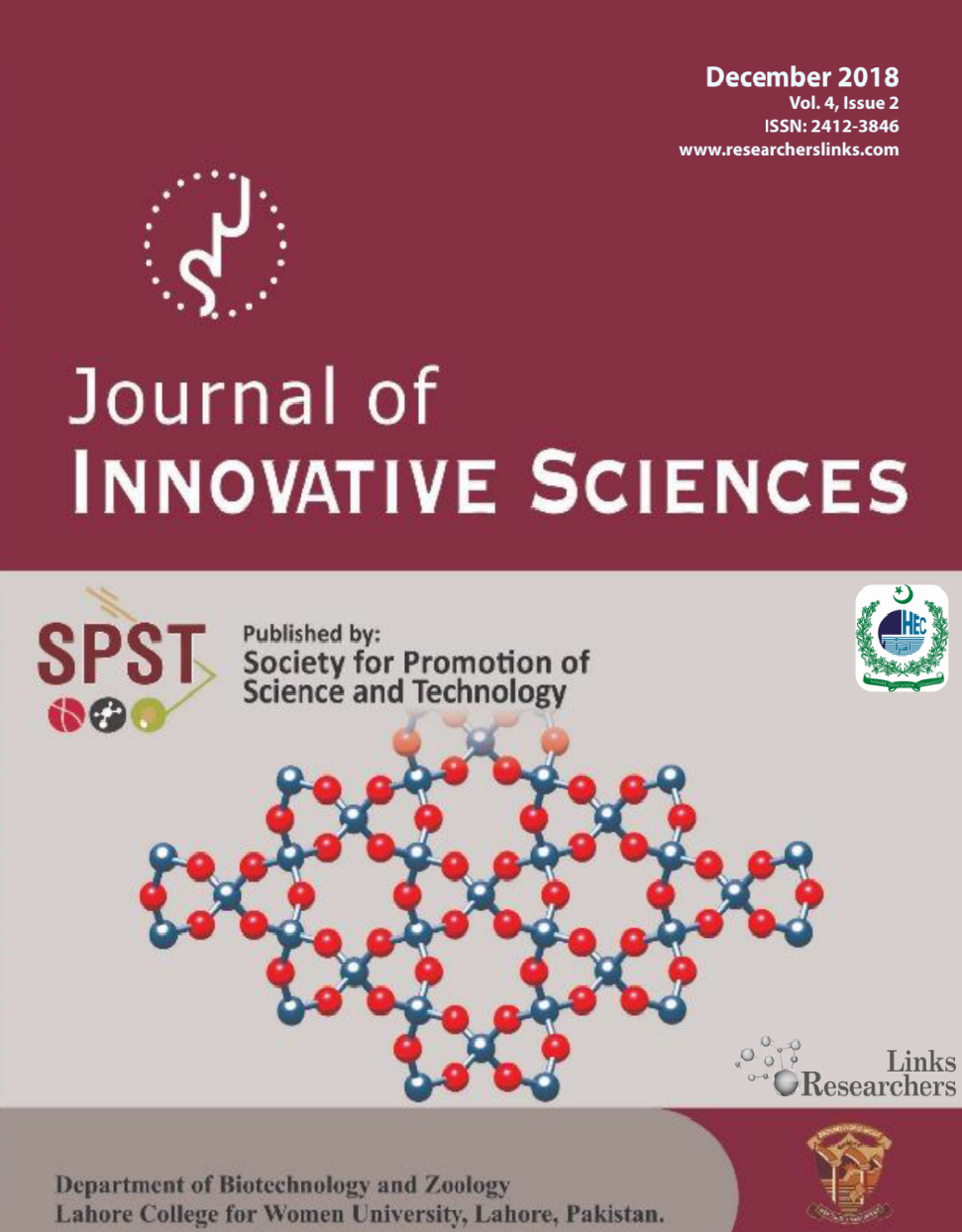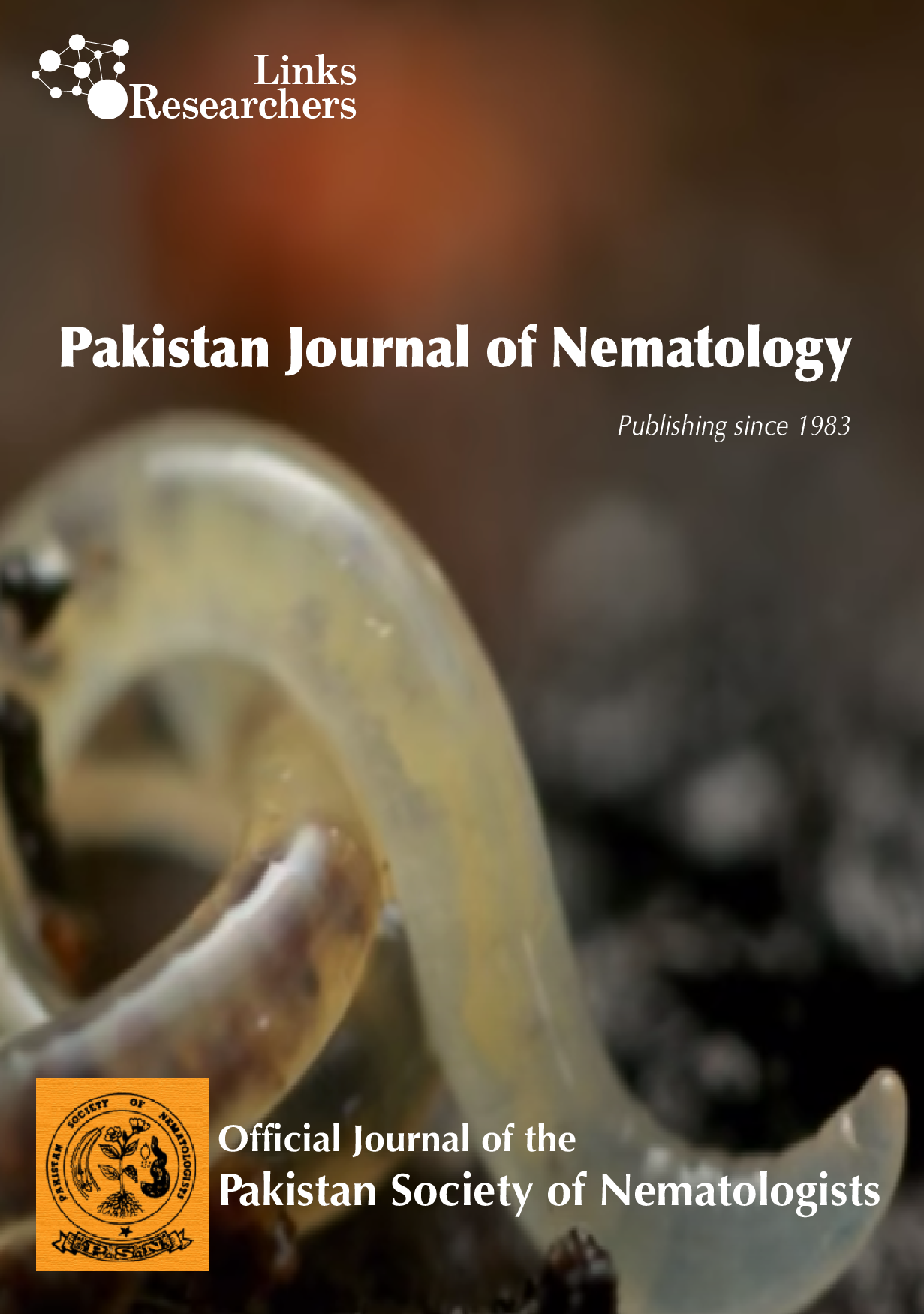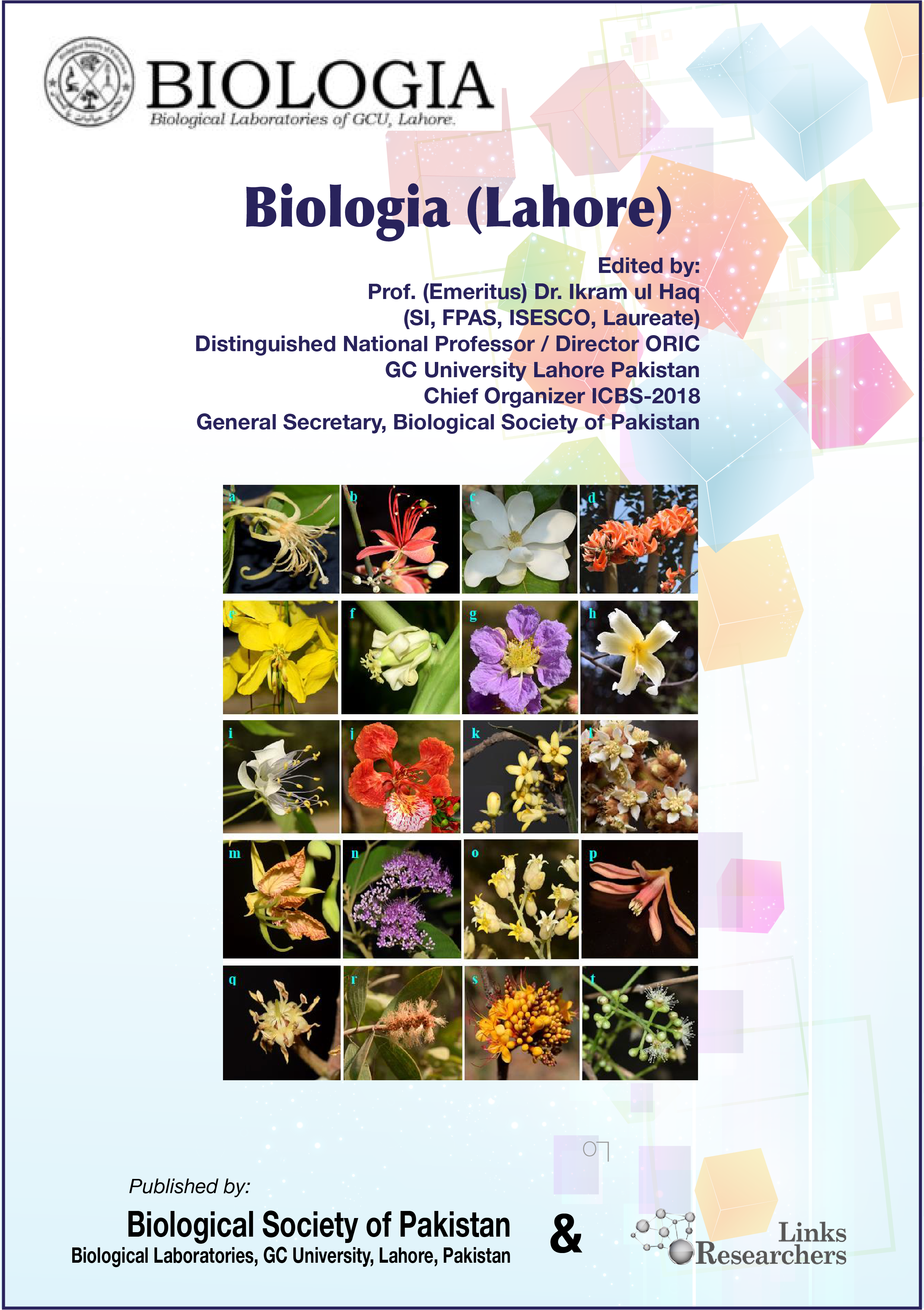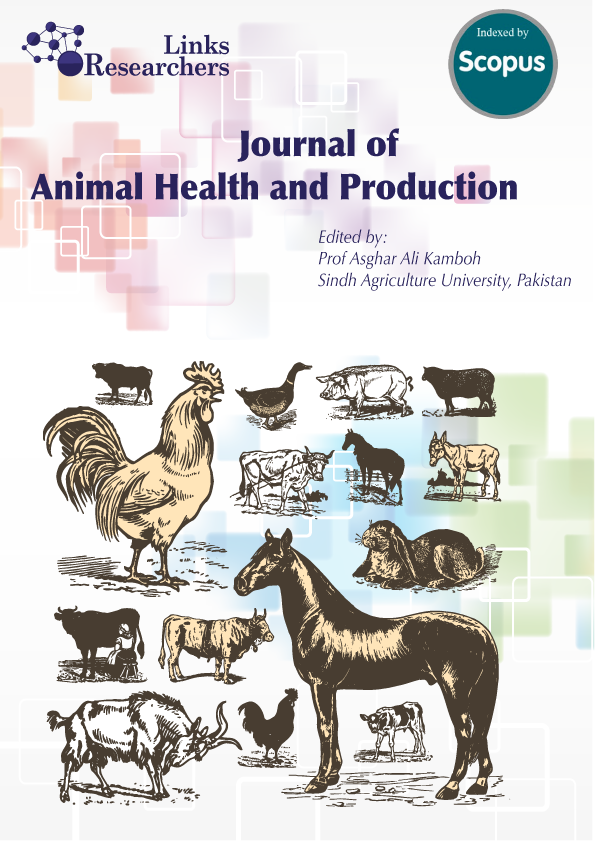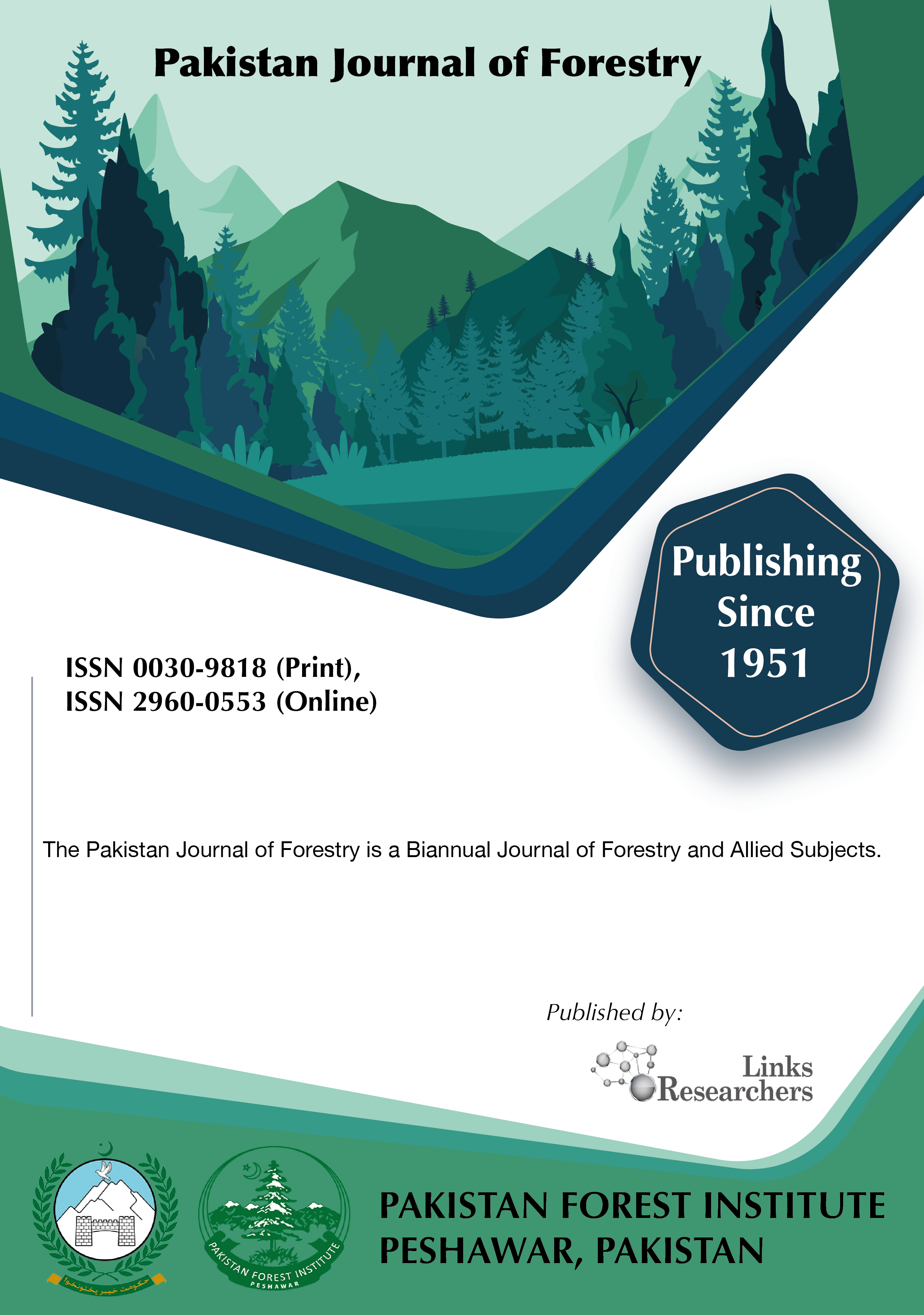Syed Ishtiaq Hyder, Muhammad Arshadullah, Arshad Ali and Imdad Ali Mahmood*
Muhammad Arshadullah, Syed Ishtiaq Hyder, Arshad Ali and Imdad Ali Mahmood*
Babar Tasim1, Tariq Masood1*, Zafar Ali Shah1, Muhammad Arif2, Ata Ullah1, Ghazal Miraj3 and Muhammad Samiullah4
Nabeel Maqsood1,2*, Afzal Khan1, Muhammad Khalid Alamgir2, Shaukat Ali Shah1, Muhammad Fahad3
The morphology of the coated and uncoated substrates were also studied before and after electrochemical corrosion
test and then compared. The thickness of the coating was also examined well. The result shows the remarkable
improvement in the corrosion resistance of PTFE coating by decreasing the corrosion current density in HCL media....
Zahid Hassan Tarar1, Muhammad Salik Ali Khan2*, Shahzada Munawar Mehdi3, Raza Salim4, Irfan Ahmad Saleem1, Saima Nazar5, Munir David2, Tahir Majeed6, Muhammad Sufyan Mughal7, Muhammad Saleem8, Umer Iqbal9, Muhammad Mazhar Iqbal10 and Muhammad Khalid Shaheen3
Raza Ullah Khan1*, Ahmad Khan1, Mohammad Zameer Khan1, Fayyaz Hussain1, Zafar Islam2 and Muhammad Asad Hameed2
Weenghar Ali Chandio1, Tajnees Pirzada1*, Abdul Majid2 and Farzana Rashid3
Tajnees Pirzada1*, Weenghar Ali Chandio1, Mansoor Ali Kalhoro2, Mir Munsif Ali Talpur1, Waheed Ali Mirbahar1, Abdul Ghafar Solangi1, Zulfiquar Ali Jumani1 and Rehana Kerio1
Juliet N. Ozioko1, Obinna V. Ayogu2, Benjamin O. Ezema1, Dilibe C. Uramah3 and Kingsley O. Omeje*,1
Ali Ghazi Atiyah1*, Nadia Hameed Rija Al-Falahi2 and Ghazi Atiya Zarraq3
Zahra Jamilah Sabrina1, Adrian Pearl Gunawan2, Beryl Reinaldo Chandra2, Ilham Pangestu Harwoko3, Johannes Marulitua Nainggolan4,Widi Nugroho1*
Abdul Majid1*, Farah Naz1, Nasrullah Laghari1, Sanaullah Abbasi1, Sham Lal2 and Safdar Ujjan3
Saima Mehar1 and Salma Javed2*
Shakeel Ahmad1*, Humaira Wasila2, Juweria Abid3, Nazir Muhammad4 and Hazrat Usman5
Ayesha Saeed1*, Farzana Kishwar2, Ahsan Nazir3, Sharjeel Abid4, Muhammad Abiodullah5, and Danial Ali6
Yar Muhammad Jalbani1,2*, Muhammad Farooque Hassan2, Kiran Nazish2 and Yang Shuming1
Saima Rubab1,3*, Ghazala H Rizwani2, Arjumand Iqbal Durrani3, Iram Liaqat4*, Urooj Zafar5, Mahjabeen6, Farah Batool7, Noor-E- Seher3, Naveera Younas3 and Ayesha Sadiqa8
Salma Bessalah1, Samira Jebahi2, Asim Faraz3*, Amel Raoufi2, Cem Tırınk4, Walid Dridi2, Mahmoud Daouad2, Hassib Keskes5, Touhami Khorchani1, Khaled Farah2, Abdul Waheed3 and Mohamed Hammadi1
Dina N. Ali1*, Sayed H. Elhabtey2*, Manal M. Amin1
Saba Iqbal1, Salman Khurshid1*, Hafiza Mehwish Iqbal1, Qurrat-Ul-Ain Akbar1, Aqeel Ahmed Siddique3, Saqib Arif1, Shahid Yousaf2, Masooma Munir4, Abdul Karim Khan4, Shazia Arif5, Abdul Ahad6 and Muhammad Arif7
A.M. Abdul Azeem1, A.N. El shahat1* and Mohamed H.M. Abd el Megid2
A.M. Abdul Azeem1, A.N. El shahat1* and Mohamed H.M. Abd el Megid2
Lu Yang1,2*, Ke Zhang3 and Jin-Hui Wang1,2,4
Sabi Ur Rehman1*, Laiba Arshad1, Saman Ali1, Shazma Massey2, Safeer Khan3, Abdul Samad4 and Fazal-Ur-Rehman5
Roheela Yasmeen1,3* , Faheem Hafeez1 , Umme Ammara1 , Rubab Younas1 , Sibtain Ahmad2 , Zulfiqar Ali3, Zaheer Ahmad Nasir4
Ghusoon Hasan Jadaan1*, Khalisa K. Khudair2
Humam T. Hadi1*, Orooba M. S. Ibrahim2
Shaymaa Jabbar Hassoon1*, Hiba Ibrahim Ali2, Ayat Jasim Mohammed3, Oras Salman4
Beenish Khanzada1*, Shagufta Jabeen2, Asif Ali1, Amna Fatimah1, Ishfa Zahid1, Esha Israr1, Arifa Iqbal1 and Ashas Waheed1
Svetoslav Farafonov1, Olha Yaremko2, Mykola Verkholiuk2, Lesja Muzyka2, Bohdan Gutyj2, Oleh Marenkov3, Vadym Lykhach4, Tetiana Nemova4, Olena Khmelova5, Roman Mylostyvyi5*


